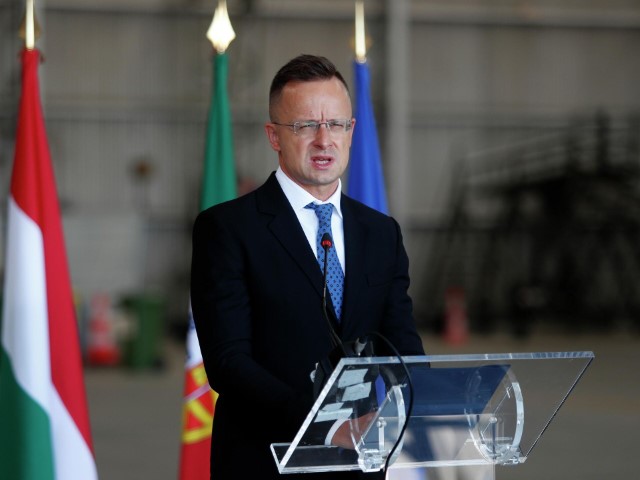In his opinion, the expansion of NATO previously contributed to strengthening unity and improving defense characteristics (…) but now we can no longer talk about those two positive moments (…), he said in statements to the M1 television channel.
Szijjártó also pointed out that Ukraine’s accession to the Atlantic Alliance would also not improve defensive characteristics because it would mean an open risk of an armed conflict with Russia.
On his side, the Prime Minister of Hungary, Viktor Orbán, said before that the statements of Western politicians and media show Europe’s preparations for a war against the Slavic giant.
This country today holds the pro tempore presidency of the European Union (EU) but is contrary to the community policy of supporting Kyiv.
In his words, his management at the head of the community mechanism will be focused on achieving peace and not on fueling conflict.
But their differences with the power structures within the EU make these intentions difficult.
The Magyar premier met days ago with Russian President Vladimir Putin, with Chinese President Xi Jinping and is now participating in a summit of the Atlantic alliance in Washington where the possible admission of Ukraine into the war bloc is being discussed.
Analysts consider this option unlikely while the war lasts, but do not rule out that it could be realized in the future.
Kyiv also aspires to integrate the EU, but that desire collides with the opposition of key actors within the bloc such as Germany and France, although the latter nation shows contradictory positions on the issue.
ef/mem/ehl









